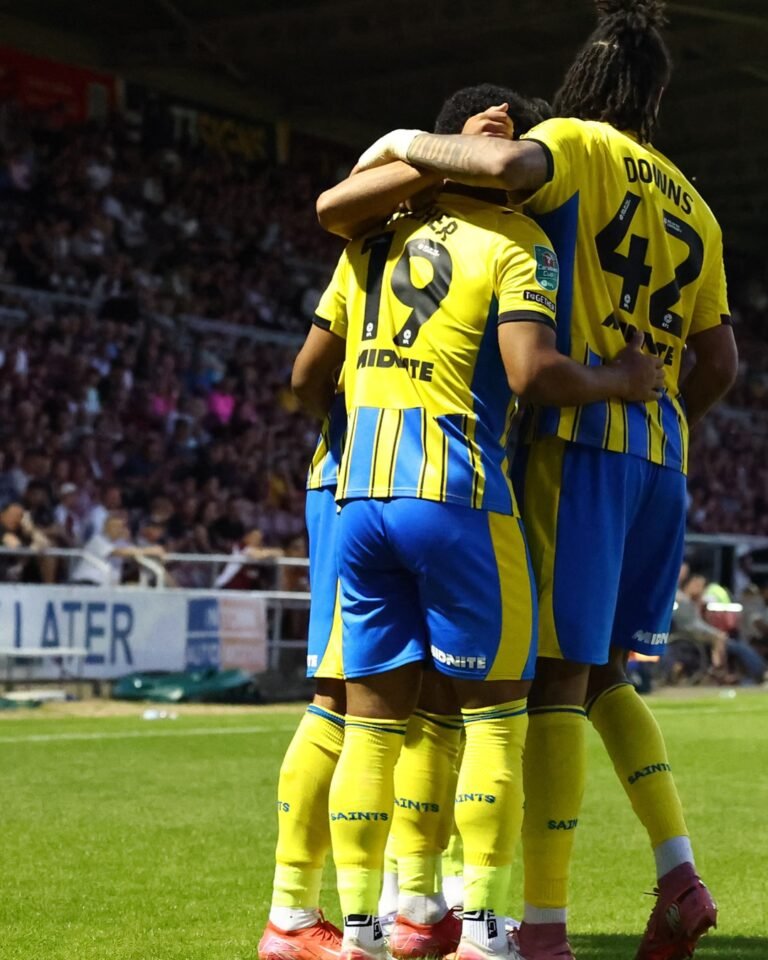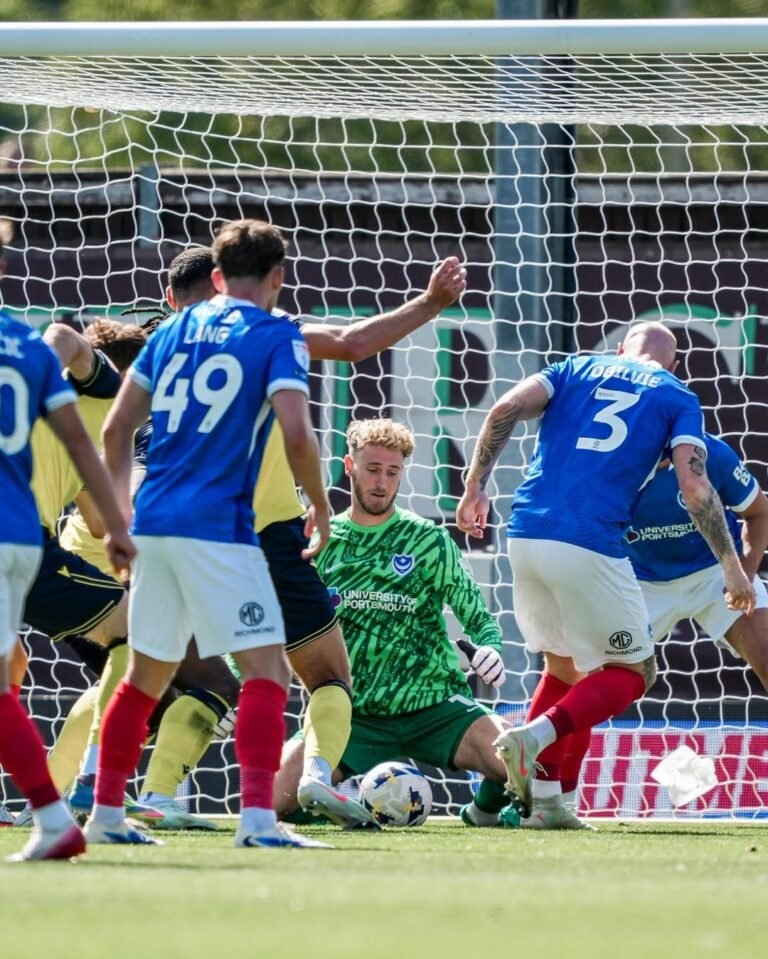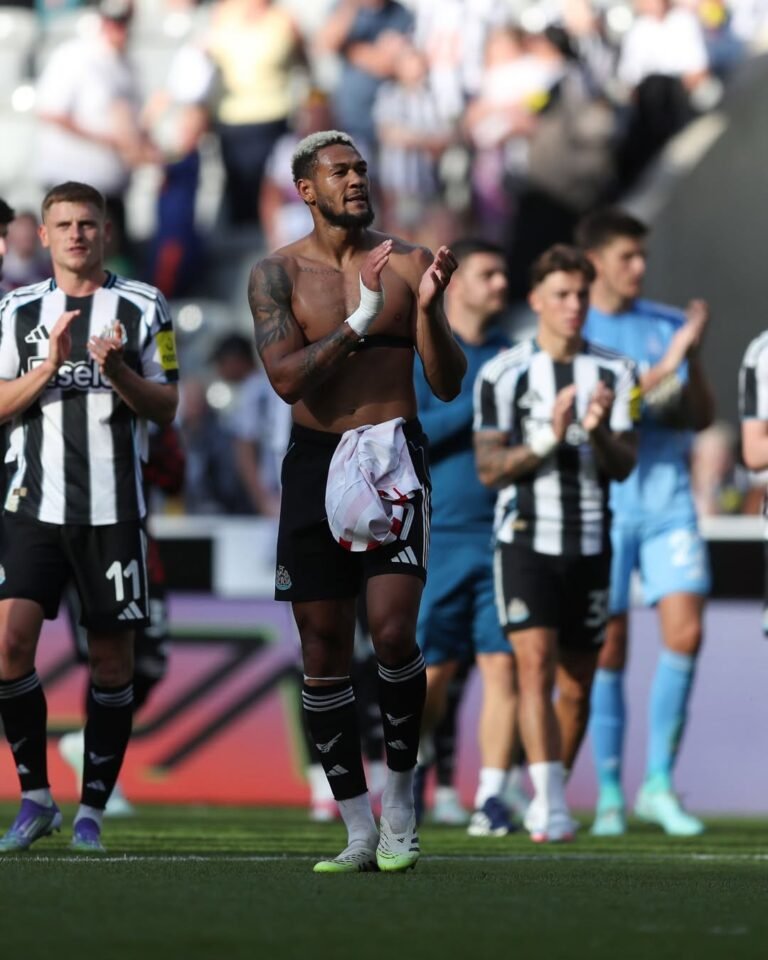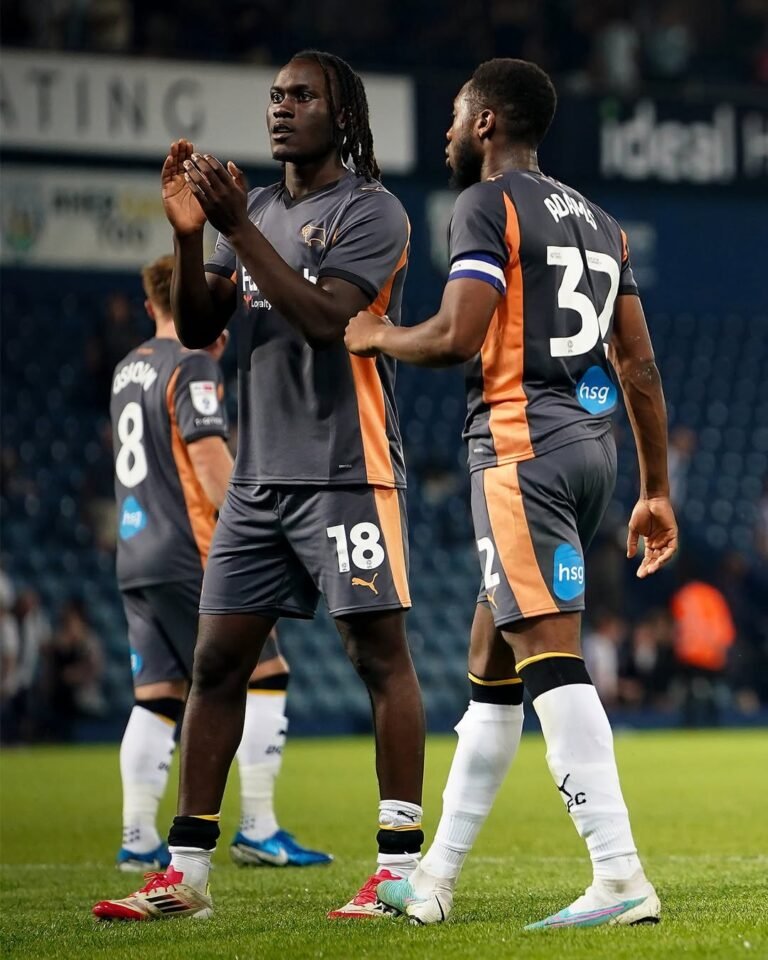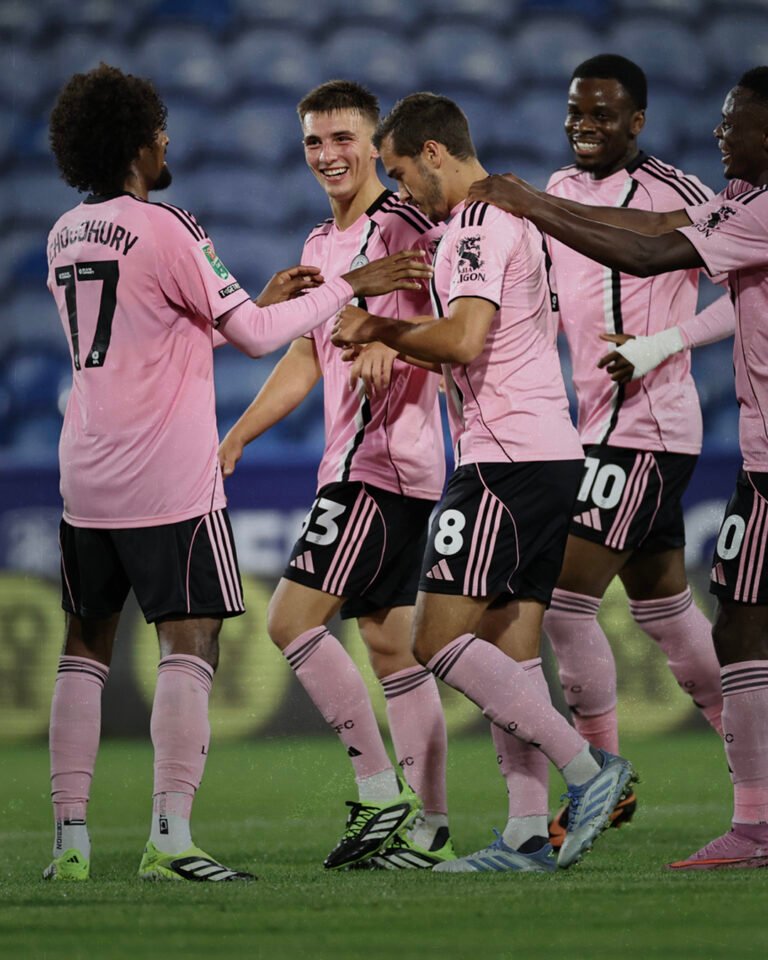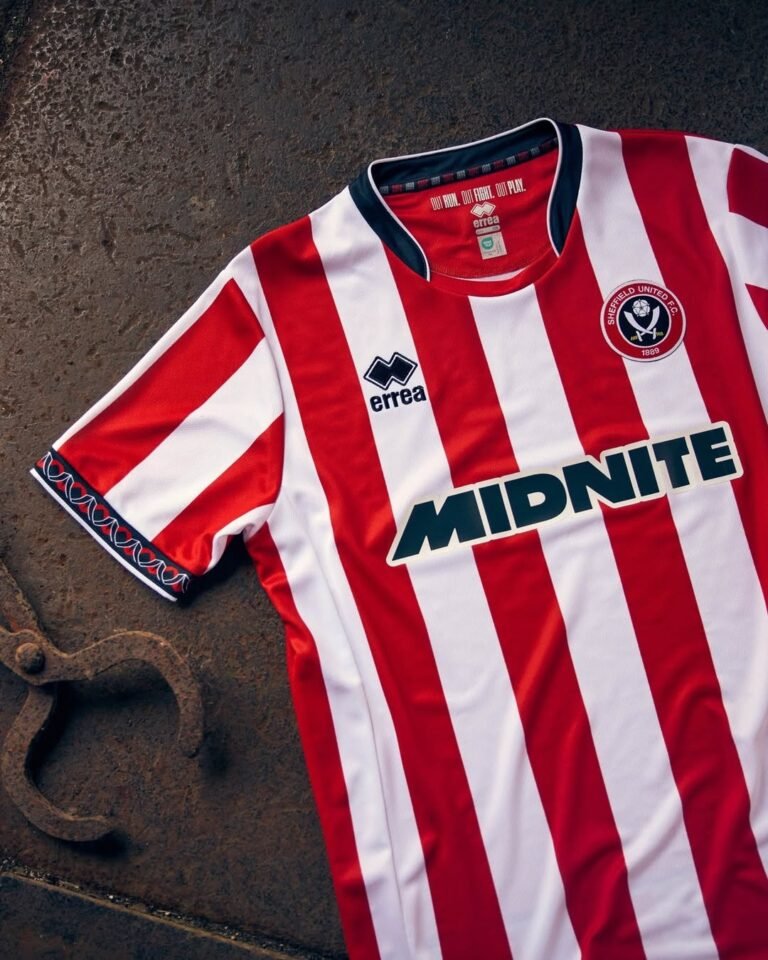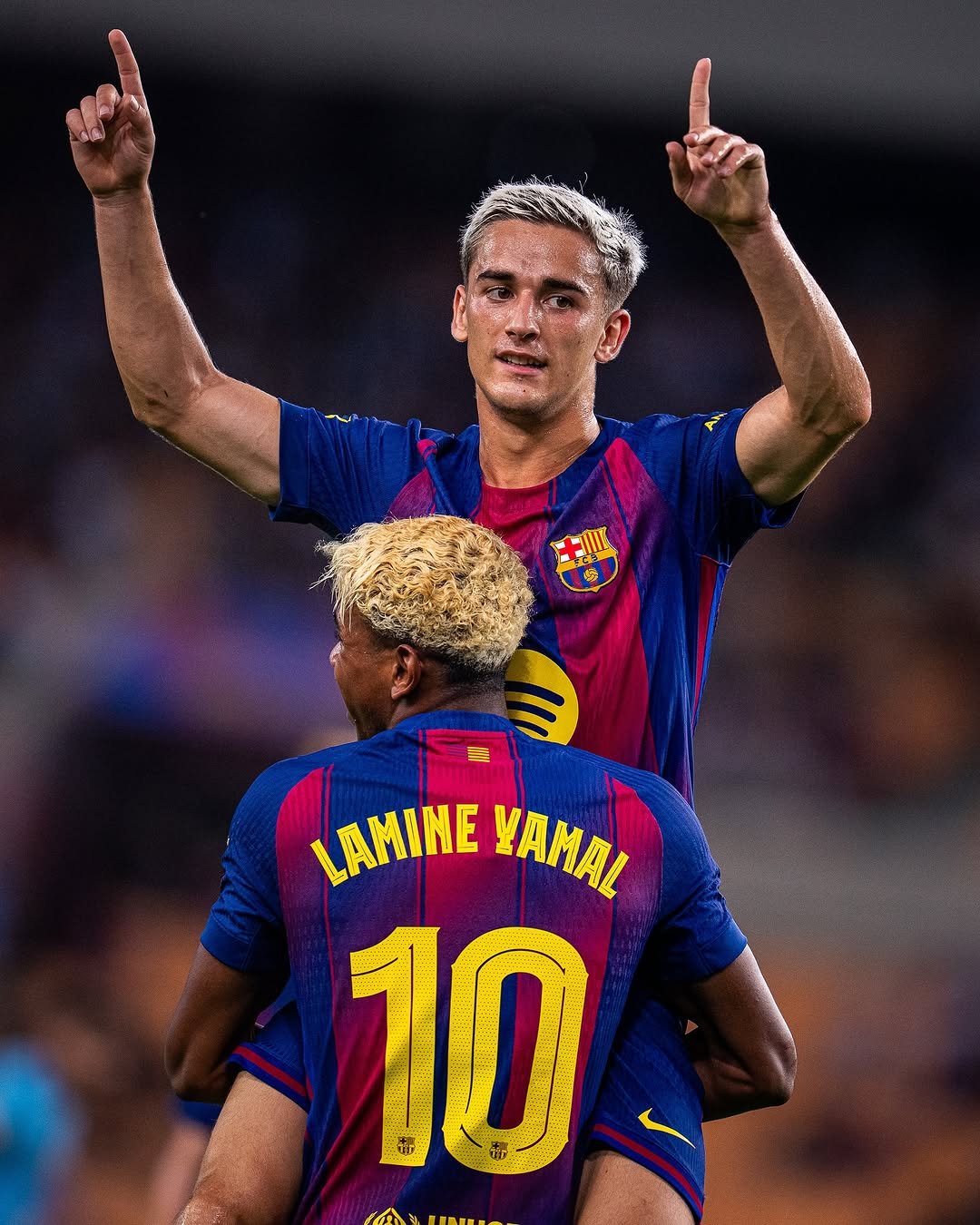
Imagecredit by Instagram @fcbarcelona
On 4 August 2025, football fans in South Korea and across the globe tuned in for a unique friendly match: Daegu FC, a prominent K League side, faced European giants Barcelona at Daegu Stadium. While the fixture was officially part of Barcelona’s Asian pre-season tour, the meeting revealed much more than goals and tactics. It underscored the contrasting realities of two clubs and highlighted the global reach of the modern game.
A Friendly, but No Friendly Result
Barcelona arrived in Daegu with momentum, having notched two emphatic wins against Vissel Kobe and FC Seoul earlier in their tour. Under Hansi Flick’s management, the Spanish side have continued their trademark attacking style, racking up 10 goals in the opening friendlies of the 2025/26 pre-season. Against Daegu, Barcelona showed no mercy, delivering a convincing 5-0 win that left little doubt about the gulf in quality.
Gavi was the star of the show, scoring twice in the first half (21st and 47th minutes). Robert Lewandowski found the net in the 27th minute, with Toni Fernández and Marcus Rashford adding to the tally after the break. The pace, technical quality, and sheer depth of Barcelona’s squad proved overwhelming for Daegu, whose goalkeeper Han Tae-Hee made a string of valiant saves to keep the scoreline from escalating further.
Different Worlds: The Two Clubs Compared
Daegu FC, currently struggling in the K League, entered this friendly winless in their last 12 matches—a stark contrast to Barcelona’s run of form and international pedigree. Daegu’s manager, Park Chang-hyun, was forced to rely on Brazilian star Cesinha for creative spark, but the team struggled to break through Barcelona’s resolute backline. Defensive absences and a run of poor domestic results left them heavy underdogs.
Meanwhile, Barcelona are eyeing an ambitious 2025/26 campaign. The squad features experienced world-class names and exciting new signings like Marcus Rashford and Roony Bardaghji. Flick has demonstrated his readiness to rotate and test young talents, but there’s clear intent: to sharpen the squad ahead of La Liga and Champions League campaigns.
Tactical Insights and Standout Players
From the outset, Barcelona dominated possession, moved the ball quickly, and pressed high. The midfield trio of Pedri, Gavi, and De Jong controlled the match’s tempo, with Gavi’s energy and vision especially impressive. Lewandowski’s intelligent movement unsettled Daegu’s backline, while Rashford offered pace and directness upon his second-half introduction. Barcelona’s full-backs pushed wide, stretching Daegu’s defence and creating space for the attacking trio.
Daegu, by contrast, sought to absorb pressure and counter, but chances were scarce. Cesinha’s few forays forward highlighted his individual skill, but the team as a whole struggled against a well-drilled and physically superior opponent. The match ultimately became a valuable test, exposing areas for improvement and providing lessons ahead of the K League’s resumption.
What This Means for Daegu
Despite the scoreline, Daegu’s participation in such a fixture is significant. Playing a club of Barcelona’s stature offers both learning and exposure. Young players faced world-class opposition, and the club itself generated international headlines—vital for Korean football’s growth and the local fanbase’s pride. The match also gave Daegu’s supporters a chance to see global stars on home turf, a rare and inspiring experience.
Barcelona’s Broader Ambitions
For Barcelona, the Asian tour serves commercial and sporting goals. The club has made a priority of boosting its presence in Asia, engaging with fans, and developing talent pathways. Matches like these not only refine team tactics ahead of competitive fixtures, but also demonstrate the brand’s power and the appetite for European football far beyond Spain. Hansi Flick’s willingness to rotate, blend experience with youth, and demand intensity even in friendly matches signals serious intent for the months ahead.
A Global Game, A Local Celebration
Attendance figures were strong, with Daegu Stadium buzzing with excitement from before kick-off. Local fans enjoyed not just the spectacle, but also the cultural diplomacy that sport can foster. Korean broadcasters and global outlets covered the match, magnifying its impact and reinforcing football’s growing universality.
Conclusion
After the victory, Barcelona returned to Spain to gear up for the Joan Gamper Trophy, with eyes fixed on the new La Liga season. Daegu, while licking their wounds, will re-focus on climbing the K League table, armed with the lessons and motivation drawn from facing some of the game’s best.
The Daegu vs Barcelona clash serves as a timely reminder: football’s appeal is rooted as much in its moments of humility and aspiration as it is in silverware. For Daegu, the road ahead will be challenging but hopeful. For Barcelona, the tour has laid a foundation shaped by unity and ambition. Above all, the match reaffirms that wherever the game travels, its power to unite and inspire remains undimmed.
To read more click here

